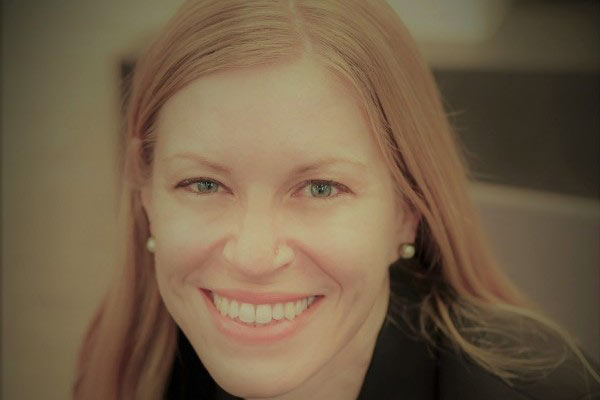Candace Kohli on Luther, empathy & critical context

Candace Kohli, assistant professor of Lutheran Systematic Theology and Global Lutheranism, can clearly pinpoint what made Luther stand out amongst other theologians during her time in seminary: “There was something about the way he described things, the interventions he was making, and the boldness with which he wrote—as well as his personality—that drew me in.”
For Kohli, Luther’s vivid, bombastic style made him come alive, and made investigating the historical and social context of his teachings fascinating.
“Theologians look at social contexts and try to find solutions to pressing issues,” Kohli says. “I think Luther is a master—he skillfully dives right into the social challenge. He pulls scripture, he pulls from 1,500 years of intellectual history before him, he weaves different voices together, and he comes up with a solution for what’s right in front of him.”
For Kohli, this makes Luther an excellent historical figure for imparting what she feels is most important to her students: developing a critical framework for constructing theology that addresses social issues today. The practice of deconstructing our personal and academic assumptions is, as Kohli articulates it, fundamentally an empathy-building exercise.
“I want my students to learn the skill of getting inside someone’s head and understanding where they’re coming from,” she says. By using non-traditional sources, encouraging discourse, and supporting academic inquiry, Kohli hopes to “help students [in seminary] understand and appreciate people with radically different views than their own.”
Inviting intellectual and emotional discomfort is, as she says, the heart of what it means to engage in the tough but rewarding work that seminary requires. This semester, for example, in Kohli’s Luther and Modern Society class, students are asking how Luther was responding to his own social context, how his ideas shaped the development of modern societies, and what Luther’s ongoing relevance is for today. This is all part of a larger project of inviting students to be self-critical of their own theologies and to examine the social impact and potential of the work they perpetuate and construct.
Ultimately, in her scholarship and in her teaching, Kohli hopes to make an intervention supporting intersectional inclusivity by promoting a deep understanding of the relationship among social history, religious philosophy, and theology in-practice.
“I want my students to be thinking, ‘Who could be harmed by these ideas I’m espousing?’” Kohli asks. “Even in terms of groups they may disagree with or want to go against. I want them to think, ‘How might I be harming them?’”
For it is in asking that question that healing, growth, and making meaningful connections with others who are greatly different from ourselves becomes possible.
By Rhiannon Koehler, a writer, editor and content director in Chicago.